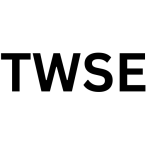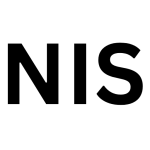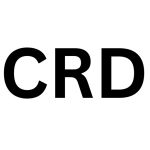Stay Ahead: Navigate Policies, Regulations & Standards with Confidence
Policies, Regulations & Standards

USA - The Regional Greenhouse Gas Initiative (RGGI)
Climate Accountability for Power Plants
The Regional Greenhouse Gas Initiative (RGGI) is a pioneering U.S. cap-and-trade program targeting CO₂ emissions from power plants 25 MW or larger across 11 Northeastern and Mid-Atlantic states. Regulated facilities must continuously monitor emissions using CEMS and submit quarterly reports to both EPA's CAMPD database and RGGI's COATS platform. Strict compliance requires matching emissions with purchased allowances, with penalties of three forfeited allowances per excess ton. The program's transparent reporting and declining emission caps drive measurable reductions while supporting clean energy investments.

USA - Renewable Fuel Standard (RFS)
Towards a Low-Carbon Energy Future in the U.S.
The Renewable Fuel Standard (RFS), established by Congress in 2005, requires increasing volumes of renewable fuels in U.S. transportation fuel to cut greenhouse gas (GHG) emissions. Administered by the EPA, the program mandates strict emissions reporting through Renewable Identification Numbers (RINs), which track biofuel production and compliance. Regulated entities—including fuel producers, refiners, and importers—must submit detailed quarterly and annual reports on fuel pathways, feedstock emissions, and RIN transactions via the EPA Moderated Transaction System (EMTS). Noncompliance can result in heavy fines and invalidated RINs, ensuring accountability under federal climate goals.

European Union - European Green Bond Standard (EuGBS)
Enforcing Transparency in Sustainable Finance
The European Green Bond Standard (EuGBS), effective December 2024, ensures transparency by requiring issuers to report on use of proceeds, environmental impact, and emissions data—including Scope 1, 2, and 3 GHG emissions where applicable. Aligned with the EU Taxonomy, it mandates pre-issuance disclosures, annual allocation reports, and post-funding impact assessments, verified by ESMA-approved reviewers. Non-compliance risks fines (0.5% of turnover), market bans, or sanctions.
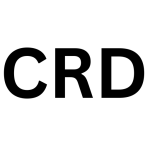
Singapore’s 2024 Climate-Related Disclosure (CRD) rules require listed and large non-listed companies to report greenhouse gas emissions and climate risks in line with ISSB standards. Phased implementation begins in FY2025, with enforcement by SGX RegCo and ACRA. These disclosures support Singapore’s 2050 net-zero target and enhance the nation’s leadership in sustainable finance and climate transparency.
The Taiwan Stock Exchange (TWSE) mandates all listed companies to file annual sustainability reports aligning with global ESG standards. Reports must detail greenhouse gas emissions, climate strategies, and obtain third-party assurance. Phased requirements based on company size and industry aim to enhance transparency, support Taiwan's net-zero goals, and bolster investor confidence.

Effective January 1, 2025, the Hong Kong Stock Exchange mandates all listed companies to disclose Scope 1 and Scope 2 greenhouse gas emissions. Additional climate-related disclosures, including governance, strategy, risk management, and metrics, will be phased in based on company size and listing status, aligning with IFRS S2 standards.
Mexico's Normas de Información de Sostenibilidad (NIS), effective January 2025, mandate that companies disclose climate-related data, including Scope 1 and 2 greenhouse gas emissions. Scope 3 emissions reporting becomes mandatory in 2026. These standards align with IFRS S1 and S2, aiming to enhance transparency and integrate sustainability into corporate reporting.
New Zealand’s Climate-Related Disclosures (CRD) regime mandates large financial entities (banks, insurers, listed firms) to report annual GHG emissions (Scope 1-3) and climate risks. Reports follow XRB standards, require independent assurance, and are filed publicly. Enforced by the FMA, the rules aim to improve transparency, combat greenwashing, and align investments with climate goals. Noncompliance risks penalties.

Dunedin, New Zealand - Procurement Emissions Standards (PES)
Decarbonizing Government Contracting
Dunedin City Council's new Procurement Emissions Standards require suppliers to report and reduce emissions, targeting net-zero by 2030. The policy applies to all contracts over $100K, with stricter rules for high-emission sectors. Suppliers must disclose quantitative data and sustainable methodologies, with non-compliant firms facing future exclusion.
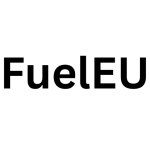
European Union - FuelEU Maritime Regulation
Decarbonizing the Maritime Sector
The European Union's FuelEU Maritime Regulation, effective from January 2025, mandates shipping companies to monitor and report energy usage and emissions from vessels over 5,000 gross tonnage. This initiative supports the EU's climate objectives by promoting the adoption of renewable and low-carbon fuels in maritime transport.
